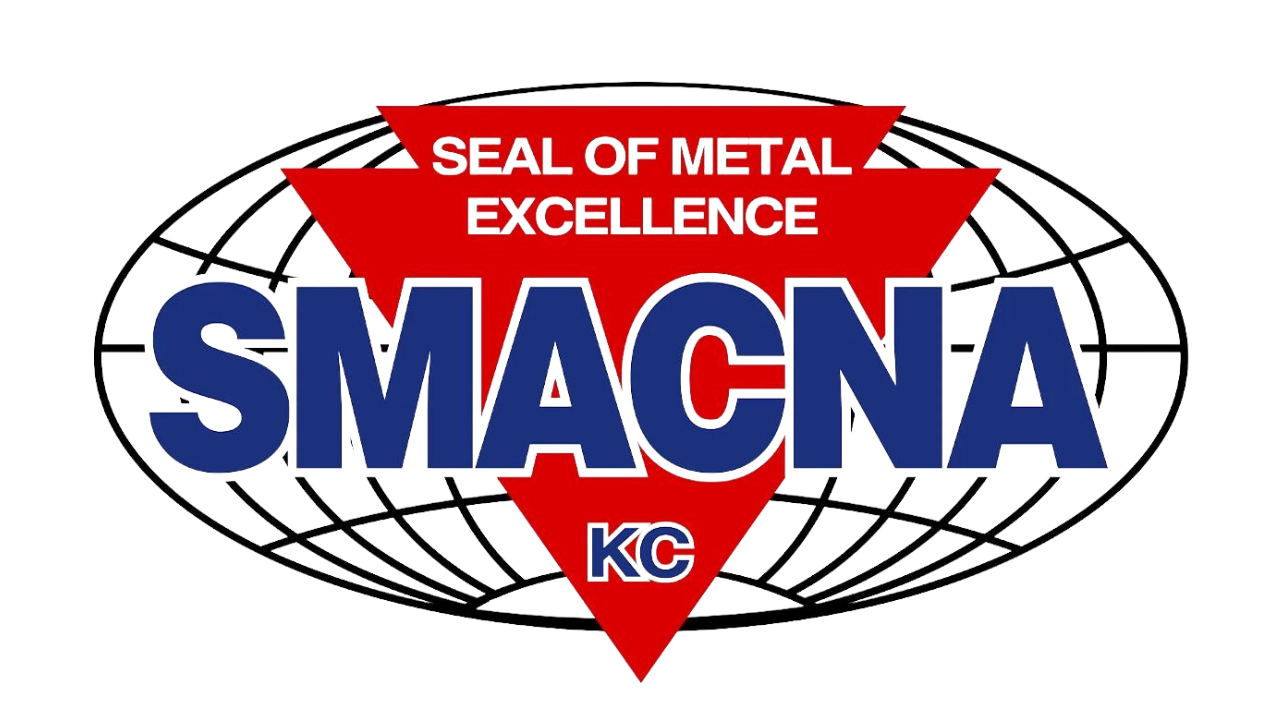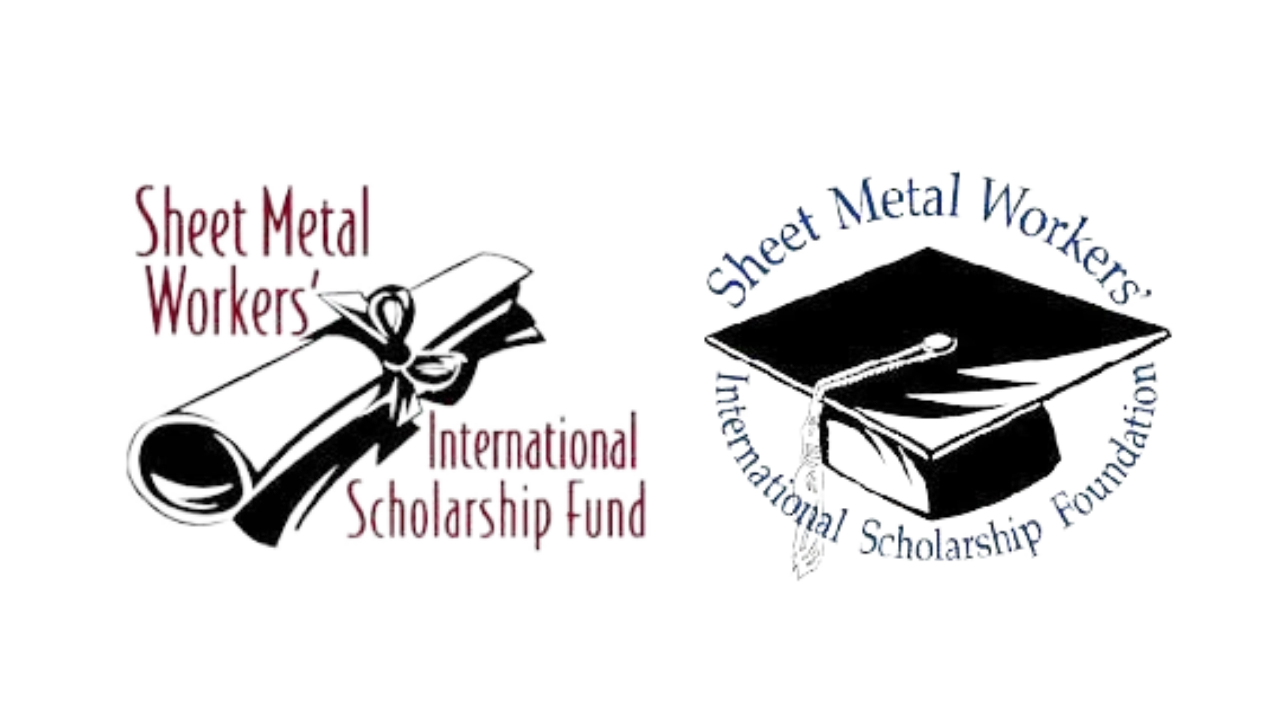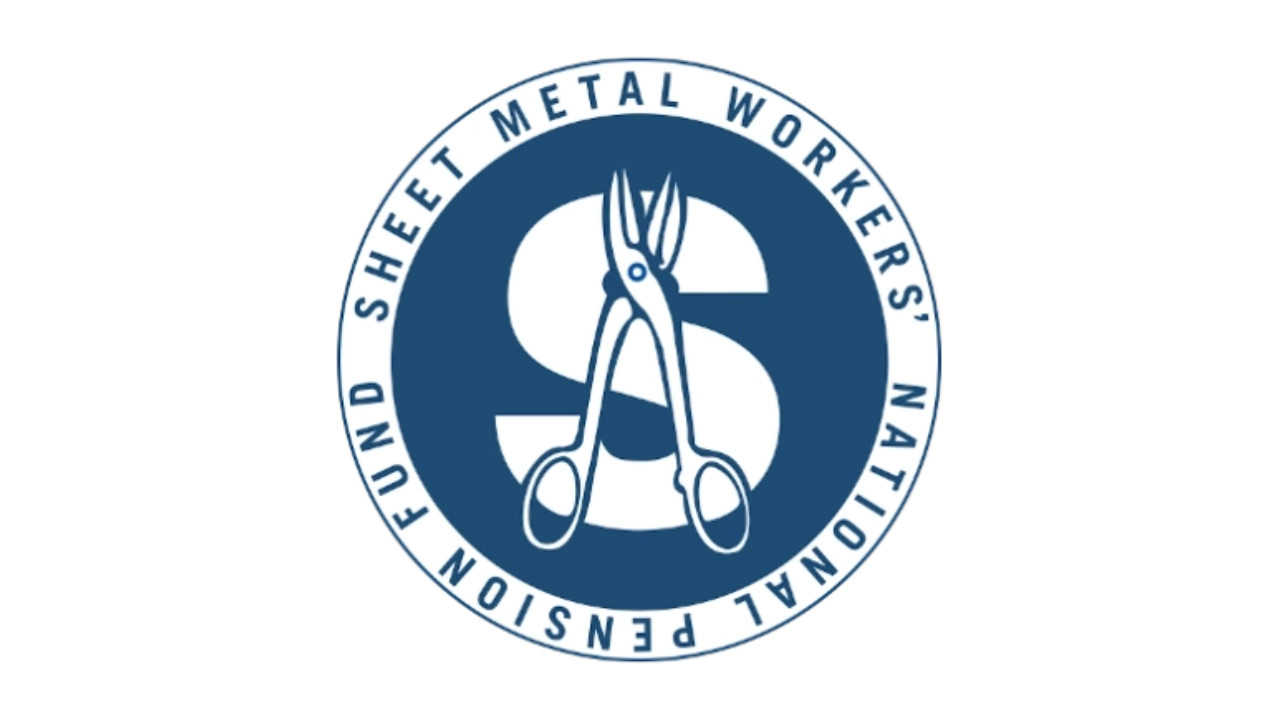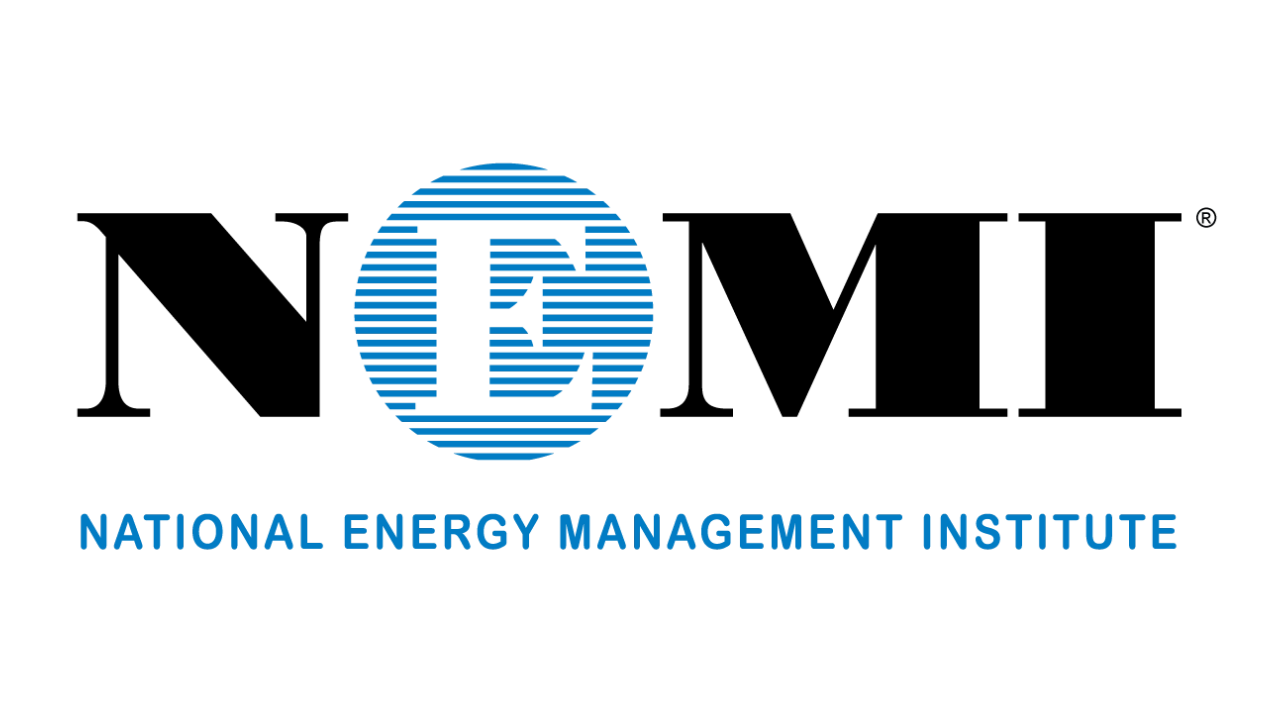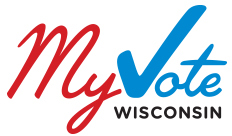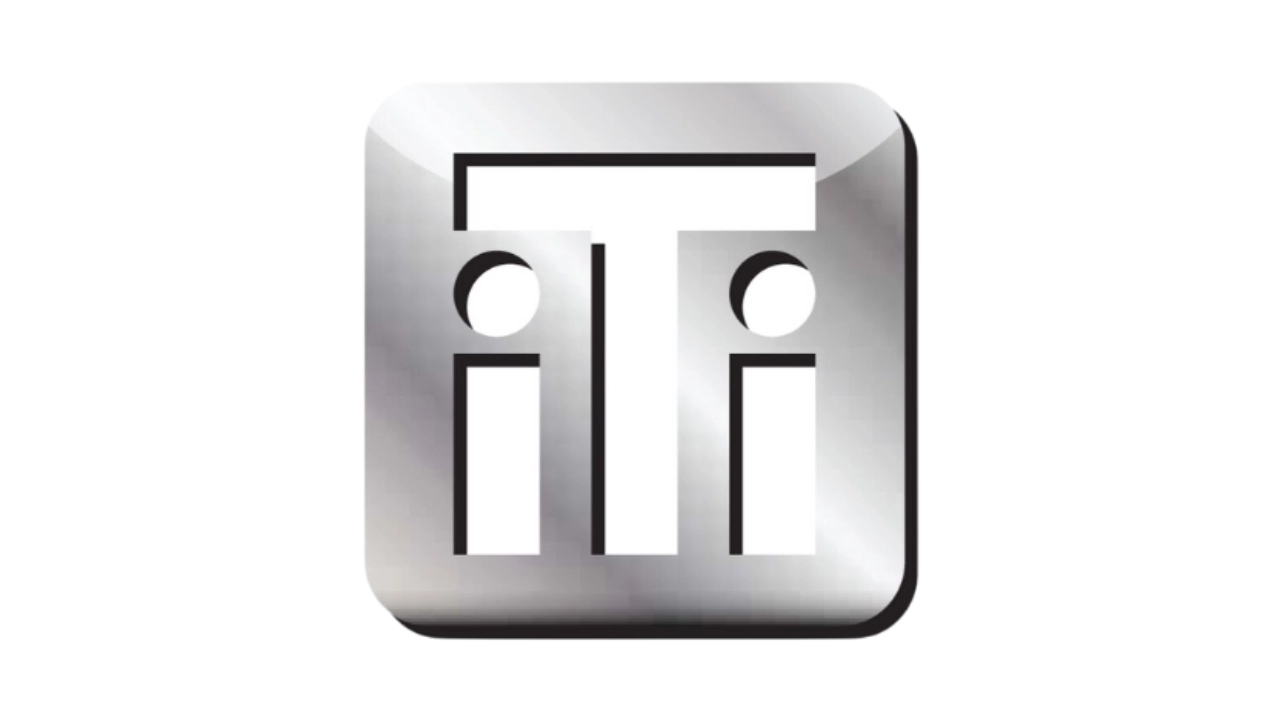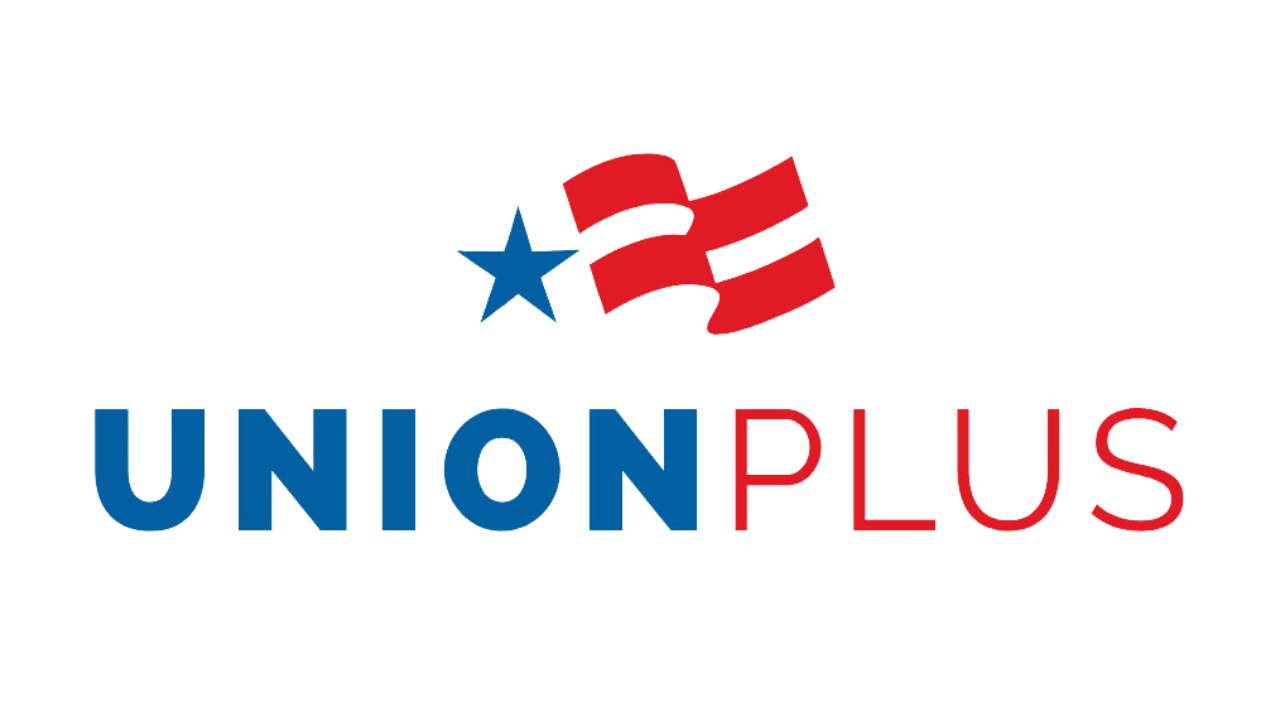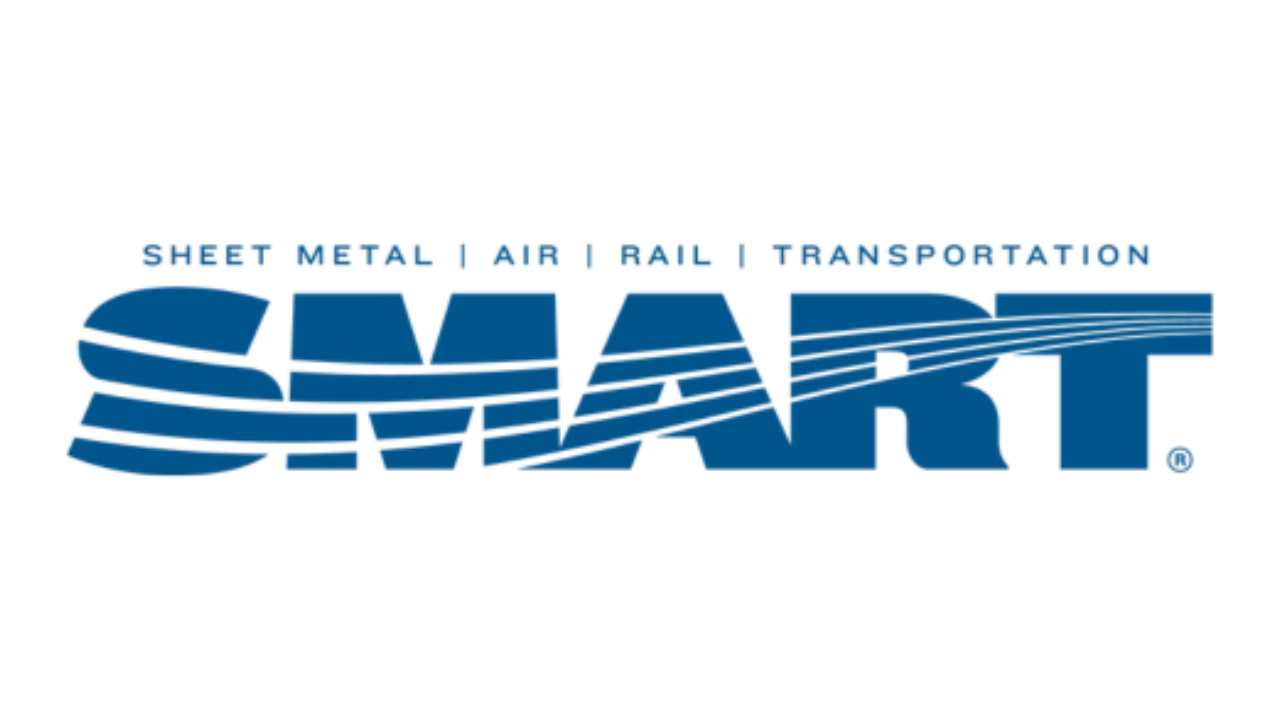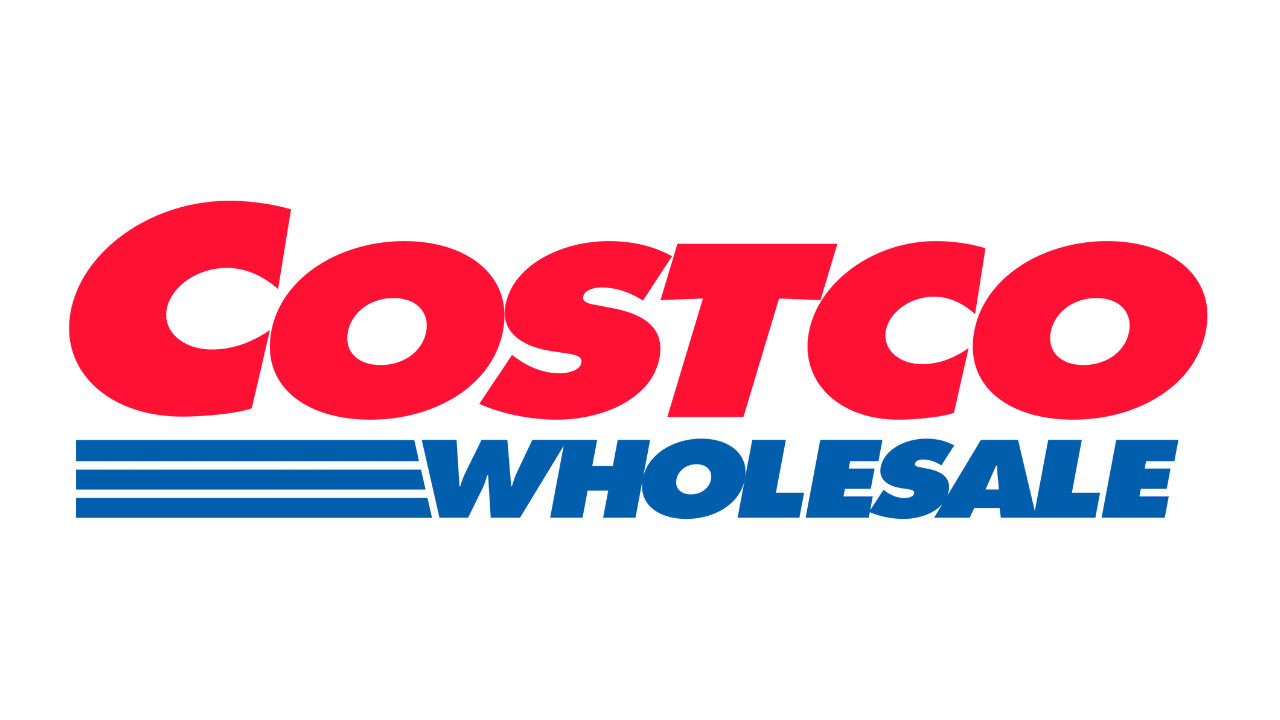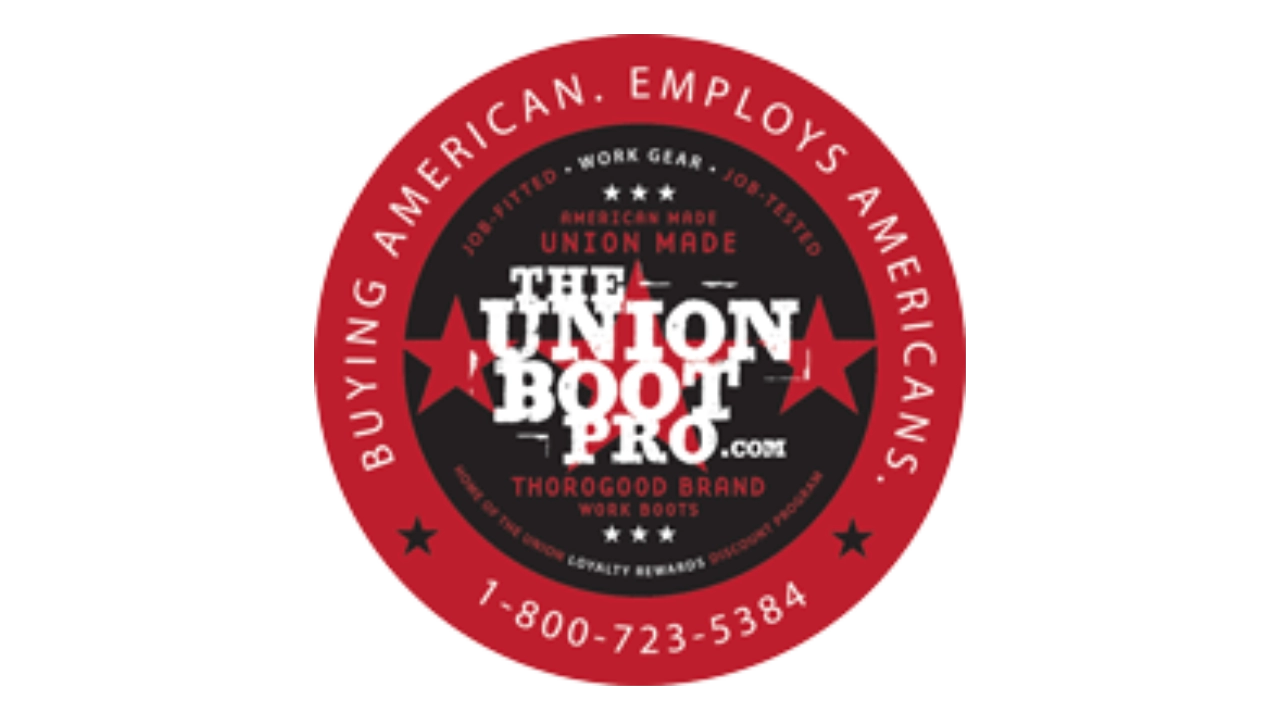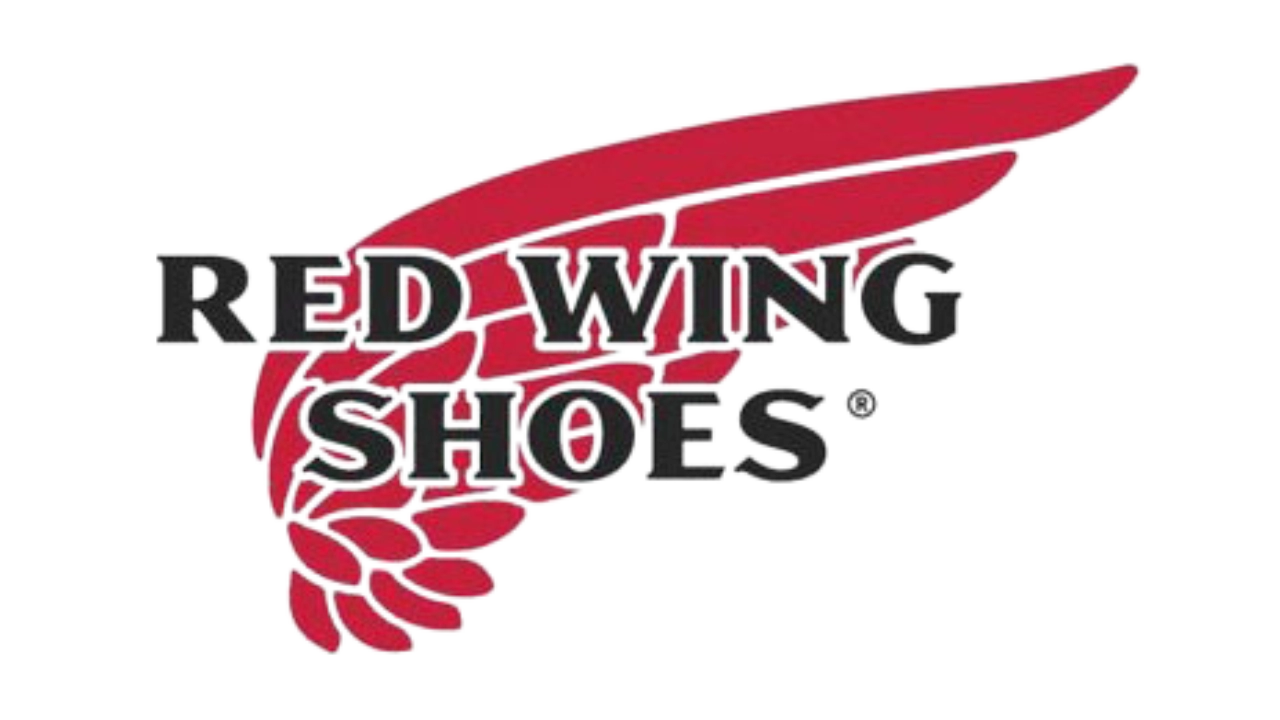Members Rights
Your Path to Success Begins Here!
Union Representation
Some private contractors choose to have a unionized workforce. In such cases, the union, like Smart Local 18, would represent the employees in collective bargaining, negotiations, and grievance procedures. The terms and conditions of employment, including wages, benefits, working hours, and workplace rules, are often collectively bargained between the union and the contractor.
Union Representation
Some private contractors choose to have a unionized workforce. In such cases, the union, like Smart Local 18, would represent the employees in collective bargaining, negotiations, and grievance procedures. The terms and conditions of employment, including wages, benefits, working hours, and workplace rules, are often collectively bargained between the union and the contractor.
Our Organizers
Hallie Jennerman
Director of Organizing
262-875-1635
Craig Holzem
Statewide Organizer
715-498-1615
Chad Ratz
Statewide Organizer
608-345-1073
Jeff Lensink
Statewide Organizer
920-247-9391
Retirees information:
Milwaukee Retirees contact person, Chuck Williams 414-769-9182
Sheboygan Retirees Contact person, Steve Landgraf 920-946-1642
Women’s Committee:
Contact person, Nicole Severson 414-403-5601
What We Do For Our Contractors
Smart Local 18 is dedicated to providing invaluable support and resources to contractors within the sheet metal, air, rail, and transportation industries. As a union, we understand the unique challenges that contractors face and strive to make their professional journey smoother.
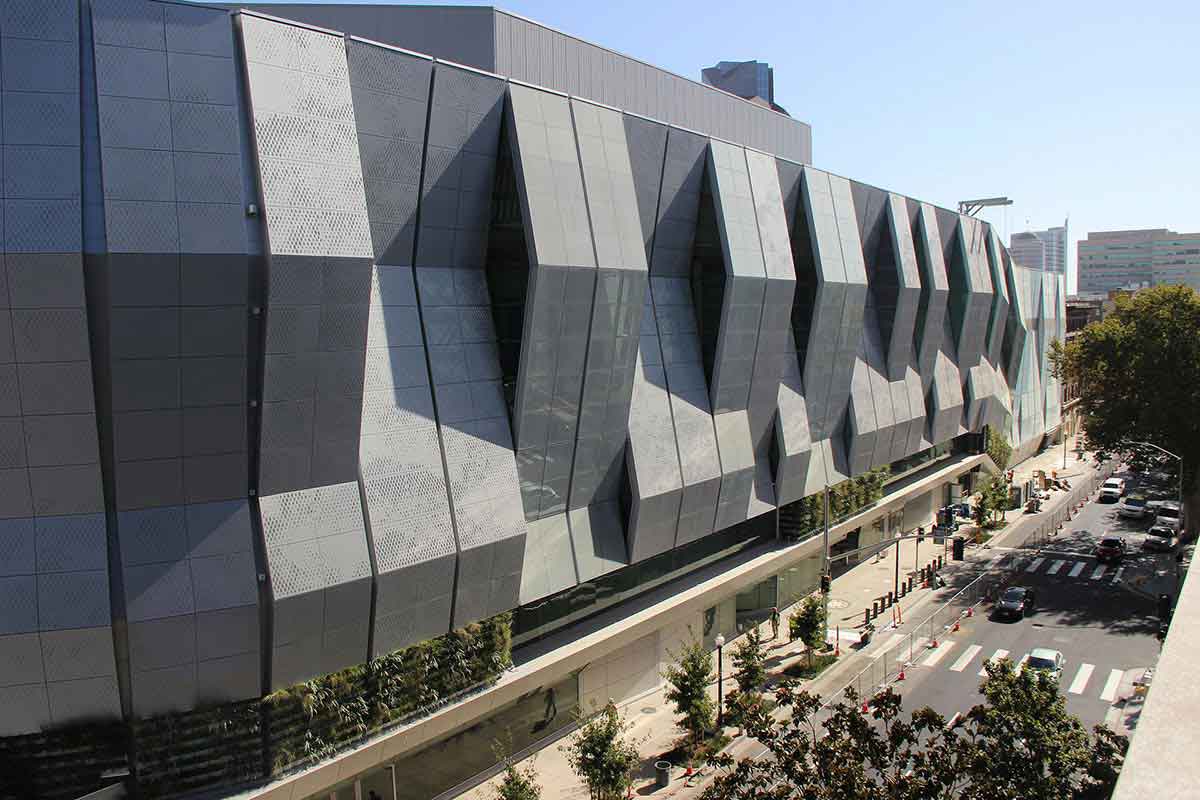
CBAs
When a private contractor and a union reach an agreement, it’s known as a Collective Bargaining Agreement (CBA). This legally binding contract outlines the terms and conditions of employment for the workers represented by the union. CBAs typically cover issues like wages, benefits, workplace safety, dispute resolution, and more.
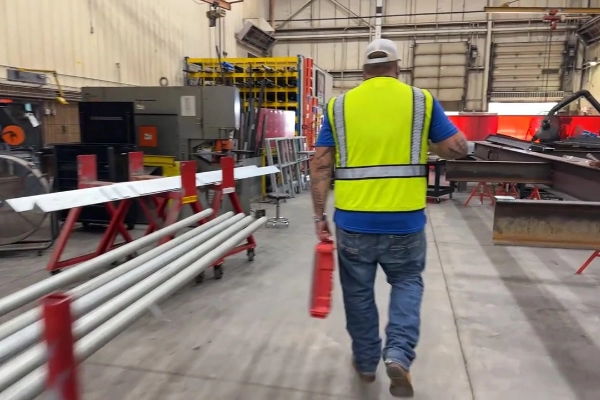
Union Dues
Union members working for private contractors usually pay union dues, which fund the union’s operations, including representation, advocacy, and member services. Union dues are typically deducted from employees’ paychecks.
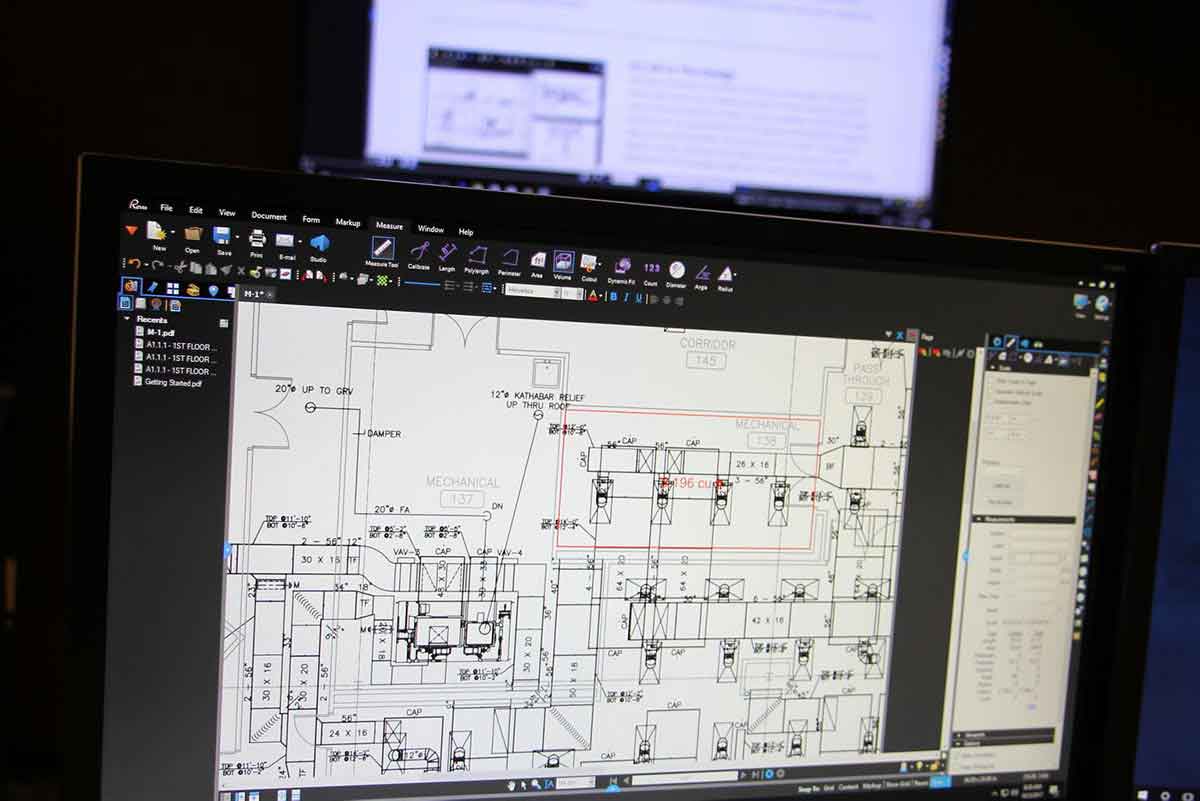
Hiring and Disputes
Contractors who employ union workers must adhere to the hiring hall rules established in the CBA. These rules may outline how and when workers are dispatched to jobs. Unions also provide mechanisms for dispute resolution, ensuring that workers’ rights are protected.
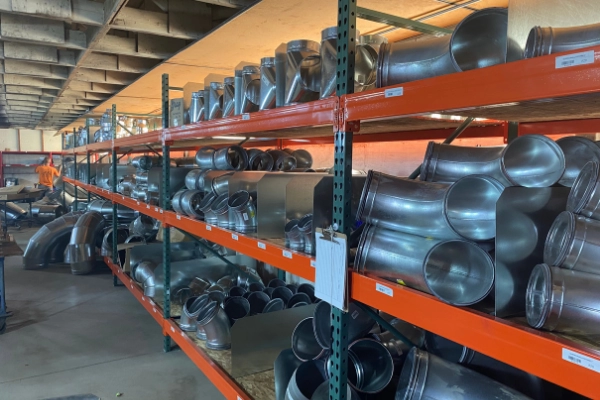
Open Shop vs. Closed Shop
In some regions, workers may have the choice to join or not join the union even if they work for a contractor under a CBA. This is referred to as an “open shop.” Conversely, in a “closed shop,” all employees are required to join the union as a condition of employment.
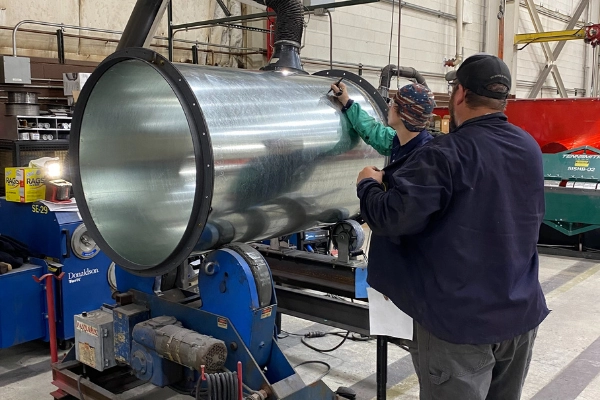
Subcontractors
In construction and related industries, subcontractors are often hired by general contractors. Subcontractors and their employees may also have relationships with unions. They might have their own CBAs with the union or fall under the CBA of the general contractor.
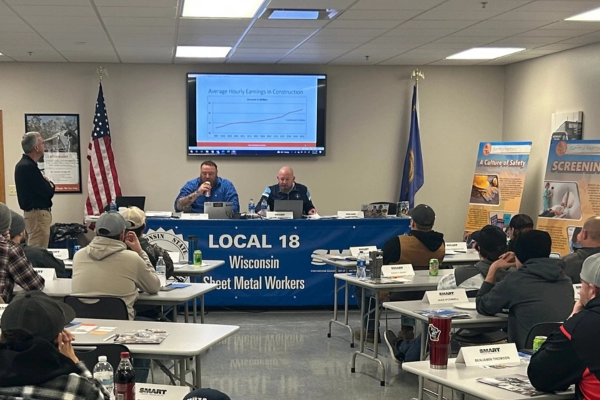
Labor Disputes
Occasionally, labor disputes can arise between private contractors and unions. These disputes might include disagreements over wages, working conditions, or other contractual matters. When disputes occur, they can lead to strikes, work stoppages, or negotiations to resolve the issues.
Take Advantage of Our Benefits
Unions often negotiate benefits packages for their members, which can include health insurance, retirement plans, and other perks. Private contractors that employ unionized workers typically contribute to these benefit programs.
